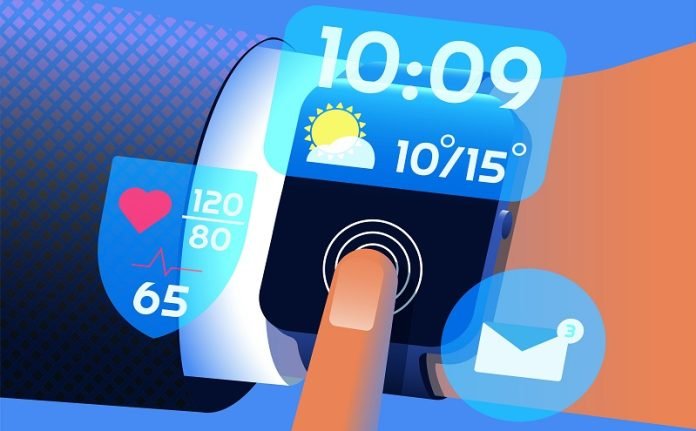
Heart palpitations, the sensation that your heart is racing, fluttering, or skipping beats, are common and often harmless. However, they can be disconcerting and sometimes indicative of underlying health issues.
This review explains the common causes of heart palpitations, supported by research, and presented in a way that is easy to understand for those without a scientific background.
Everyday Triggers
Many everyday factors can trigger heart palpitations. These include strong emotional responses such as stress, anxiety, or panic attacks.
During these emotional states, the body releases stress hormones (like adrenaline) that can cause your heart to beat faster and stronger.
Caffeine, nicotine, and alcohol are also common culprits. These substances can stimulate the heart, leading to palpitations in some people. Additionally, vigorous physical activity naturally increases heart rate, but in some situations, it might feel like palpitations.
A review in the Journal of Clinical Psychology notes that reducing intake of stimulants and managing stress through relaxation techniques can help alleviate palpitations caused by these triggers.
Diet and Medication Influences
Certain medications, including those for asthma, thyroid replacement therapies, and some that are used to prevent arrhythmias, can also cause palpitations as a side effect.
Over-the-counter medications that contain stimulants, such as some cold and allergy medications, can also contribute to this condition.
Diet also plays a role. Foods high in carbohydrates, sugar, or fat can cause palpitations in some people. Additionally, heavy meals increase the workload on the heart, which might lead to palpitations, especially if the meal is rich in carbohydrates, sugars, or fats.
A study in the American Journal of Cardiology found that managing diet and reviewing medications with a healthcare provider could help reduce instances of palpitations.
Medical Conditions
Various medical conditions can also lead to heart palpitations. These include thyroid disorders, particularly hyperthyroidism, where an overactive thyroid gland produces too much thyroid hormone, leading to an increased heart rate.
Another related condition is low blood sugar levels, which are particularly relevant for people with diabetes who take insulin.
Heart conditions like arrhythmias, heart valve issues, or heart failure are more serious causes of palpitations. These conditions often require comprehensive medical evaluation and management, as noted in research from the “European Heart Journal.”
Hormonal Changes
Hormonal changes in the body can also cause palpitations, especially in women who are pregnant or going through menopause. During pregnancy, the volume of blood increases, forcing the heart to work harder and faster.
This can lead to palpitations. Hormonal fluctuations associated with menopause can also cause palpitations, as established in studies reported by the “Journal of Women’s Health.”
Electrolyte Imbalances
Electrolytes, like potassium, calcium, and magnesium, play critical roles in heart function and rhythm. Imbalances in these electrolytes can cause palpitations. Dehydration, poor diet, and certain medications can lead to an imbalance in electrolytes.
A review in the International Journal of Cardiology emphasizes the importance of maintaining proper hydration and electrolyte balance to prevent palpitations and promote overall heart health.
When to Seek Help
While heart palpitations are often not serious, they can be a sign of a more severe condition. It is important to seek medical advice if palpitations are accompanied by chest pain, severe shortness of breath, unusually prolonged palpitations, or syncope (fainting).
These symptoms require immediate medical evaluation to rule out potentially life-threatening conditions.
In conclusion, heart palpitations can be triggered by a variety of factors ranging from lifestyle choices to serious medical conditions. Understanding these triggers can help individuals make informed decisions about when to seek medical advice.
For many, simple changes in diet, lifestyle, and stress management can significantly reduce the frequency and severity of palpitations, improving overall heart health and quality of life.
If you care about heart disease, please read studies that herbal supplements could harm your heart rhythm, and how eating eggs can help reduce heart disease risk.
For more information about heart health, please see recent studies that apple juice could benefit your heart health, and results showing yogurt may help lower the death risks in heart disease.
Copyright © 2024 Knowridge Science Report. All rights reserved.



